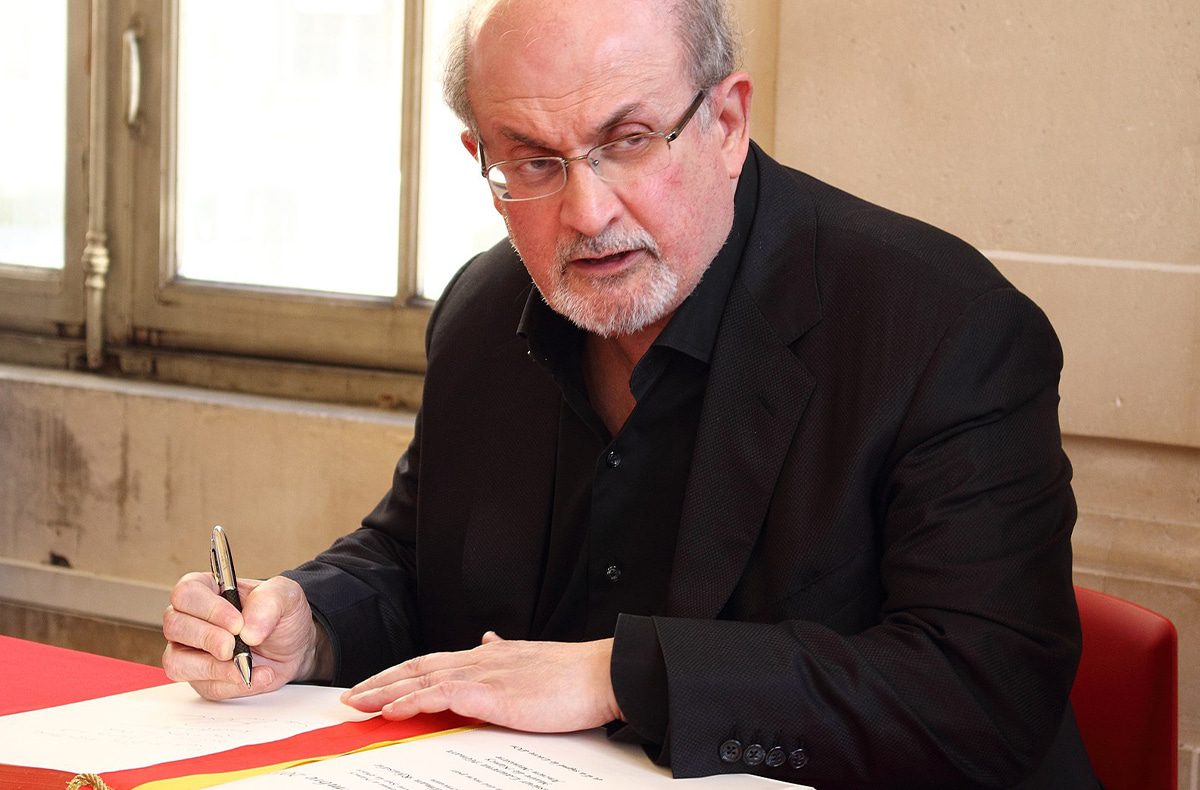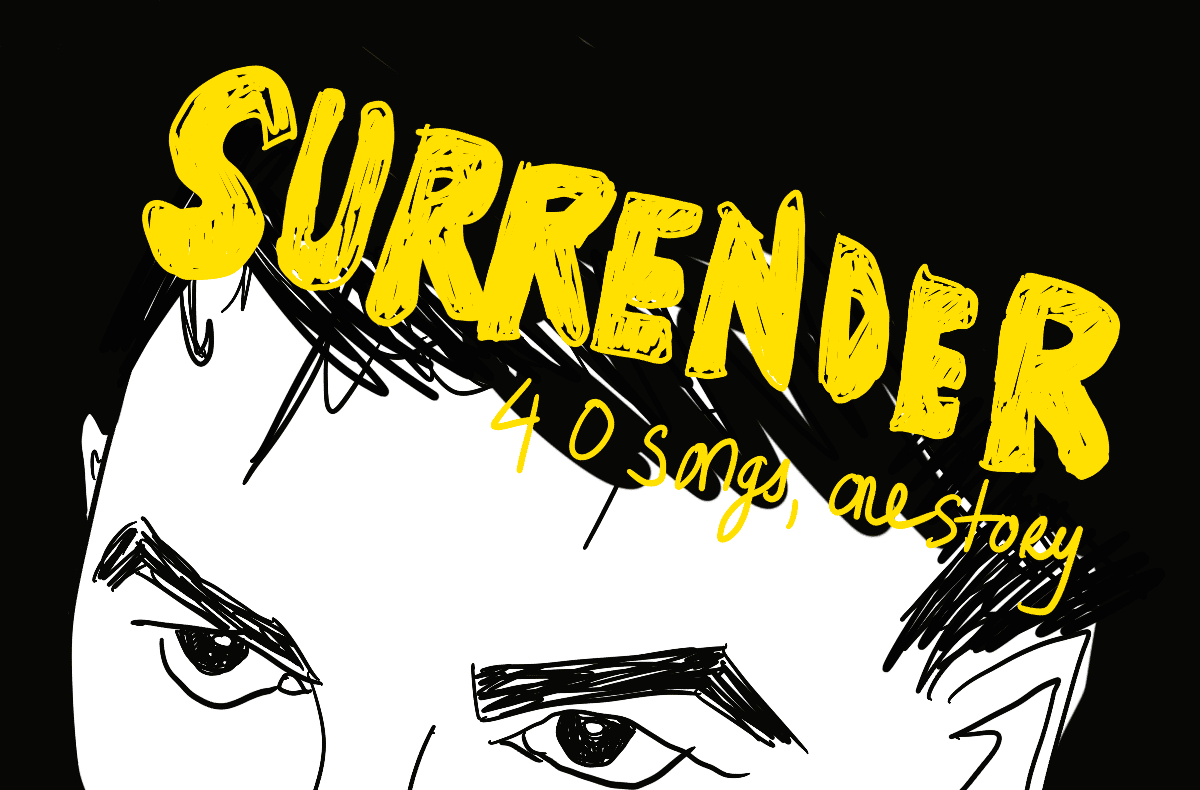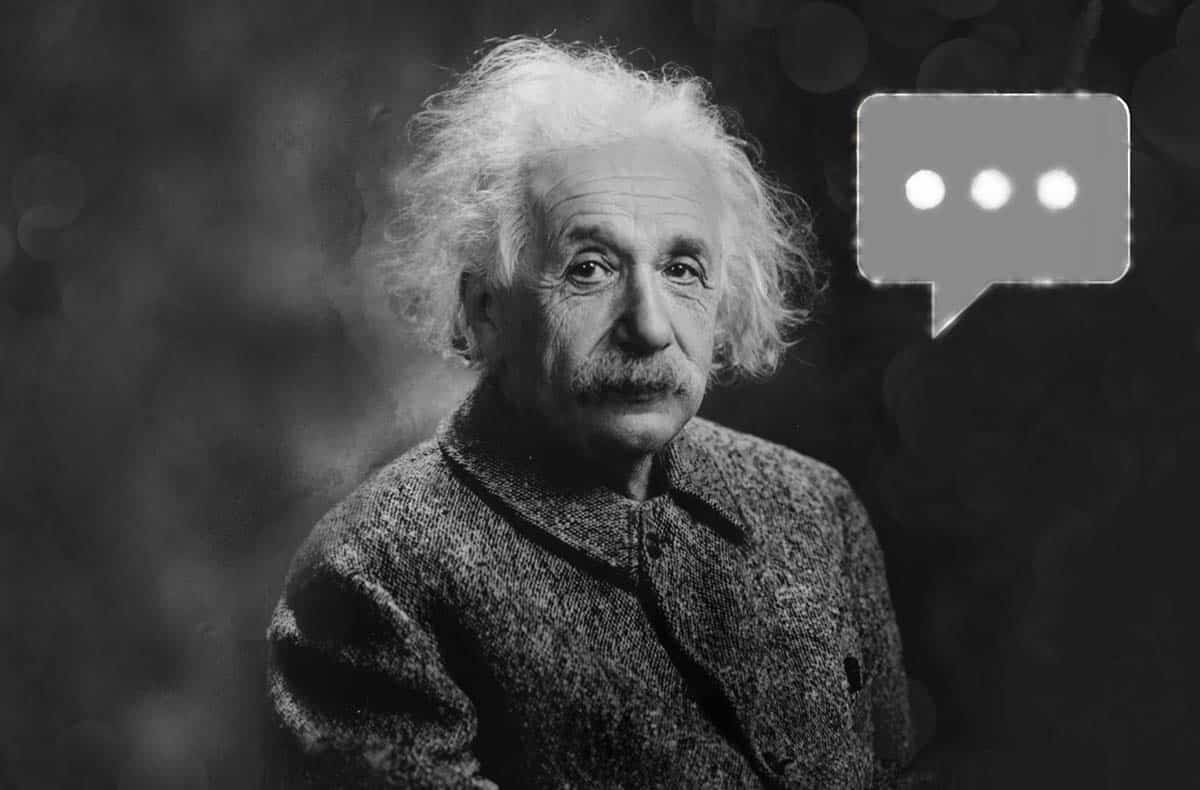
Should Salman Rushdie get the Nobel Prize for Literature (to be announced on October 6th)? Many of the great and the good seem to think it’s the best possible response to the attempt on his life last month.
Tough for whoever’s already in the pipeline…but it’s surely long overdue.
I interviewed Rushdie two times as a BBC arts journalist, during the period of the first Iranian regime’s fatwa against him, in the early to late nineties. The first was in 1993, and involved mid-London travel in a blacked-out van filled with heavies. They steered me up some random stairs into a darkened hotel room.
With wooden slats behind him, Rushdie was pudgy and pasty, witty and haughty. He was there to promote a book of essays, Imaginary Homelands. But I wanted to ask him about why he’d converted to Islam on Christmas Day, 1990—and then deconverted a few months later.
“I was in a state of extreme stress and disorientation, fearful for my family…I’d lost who I was.” I sensed so much anger in him—that his cosmopolitan flaneur’s life had become so constrained.
The second time was 1999, around his flamboyant rock novel, The Ground Beneath Her Feet. Rushdie was much more relaxed. The Iranian regime had recently declared it wasn’t actively pursuing the fatwa. So his phalanxes of security had been reduced to a single, still-bulging officer.
He relished his recent experiences backstage with U2, who had just recorded a song with lyrics from his novel. And he spoke movingly about his son, for whom he’d written the delightful Haroun And The Sea of Stories, while under the most extreme threat.
Rushdie is the most urbane and playful of men—and all his novels reflect the bustle of our accelerated, globalised, polyglot lives. I first read him at Glasgow University in the mid-80s, where his first major novel Midnight’s Children was put in the context of James Joyce, Edward Said, and Gabriel Garcia Marquez. Rushdie brought postmodern irreverence and entanglement to the traumatic separation of India and Pakistan.
He was an exciting final text to read for a literary degree. Accordingly, I devoured The Satanic Verses when it came out in 1988—a fat hardback accompanying me on a rock’n’roll tour bus round the UK. His toying around with stories about the Prophet Muhammed, I took to be a continuation of Salman’s affectionate cheekiness towards his Muslim and Indian background.
The issuing of the fatwa by Ayatollah Khomeini—specifying a death sentence for Rushdie’s blasphemy against the Prophet, executable by all Muslims—was a shock to me, in my hipster-popster blur. What, not everything was a semiotic jamboree? The freedom to rip up tradition wasn’t an untouchable right?
I credit the Rushdie affair with my schooling in worldviews that wouldn’t just take flexible liberalism as a default way of being. There’s one bit of social psychology we’ve all come to understand. Illiberalism is possible in any place where people feel a profound absence of direct, material control over their lives—where forces are felt to be running away from them, leading them into unknown futures. And therefore they defend inherited traditions—which they at least know—all the more fiercely. Midwestern rust belts can operate on that logic, as much as desert regimes.
(The great irony, in this current moment, is that both sides of a culture war can be made equally “fundamentalist” about their “progressive” or “traditionalist” tendencies—particularly when social media’s polarizing engines get to work.)
So one question we might ask of Rushdie’s full body of literary work, as it gets measured up for a speedy Nobel, is whether it grapples with this gulf between the liberal and traditional, the dynamic and the recalcitrant.
Over the last two decades, Rushdie indeed seems to have been working this out, in two fields: contemporary America and timeless India. Fury (2001), Two Years Eight Months and Twenty-Eight Nights (2015), The Golden House (2017), and Quichotte (2019) are all New-York-centred (taking place in the writer’s long-term residence), and revel in the city as a chaotic epicentre of the world. Meanwhile, Shalimar the Clown (2005), The Enchantress of Florence (2008) and Rushdie’s new book, Victory City, are adventures in Indian history and mythology. They set free, desirous humans running (and tripping) in the face of culture and constraints. Dip into any of these books, and the characteristic Rushdie style—punning, satirical, strongly and directly emotional, dipping in and out of reality and fantasy—is still consistent and powerful.
Is it to everyone’s taste? Some find it exhausting and sprawling—I’d say it was flowing and invigorating. But it’s certainly a voice that’s been maintained over 40 years. Rushdie is generally acknowledged to have given wings to hundreds of other writers, who also wanted to make a dark carnival out of the postcolonial condition.
Did we need a terrible attack on his freedom as a writer to bring Rushdie’s Nobel claims to the fore? No, we didn’t. But as he struggles back from his horrific injuries, in his mid-seventies, it feels like the minimum appropriate action for the Stockholm committee to take. Give Salman his prize on October 6th.


